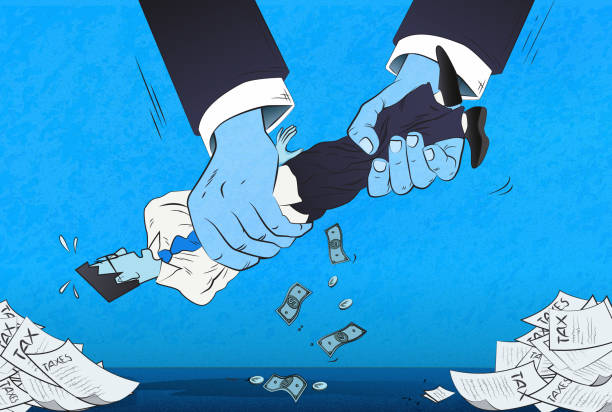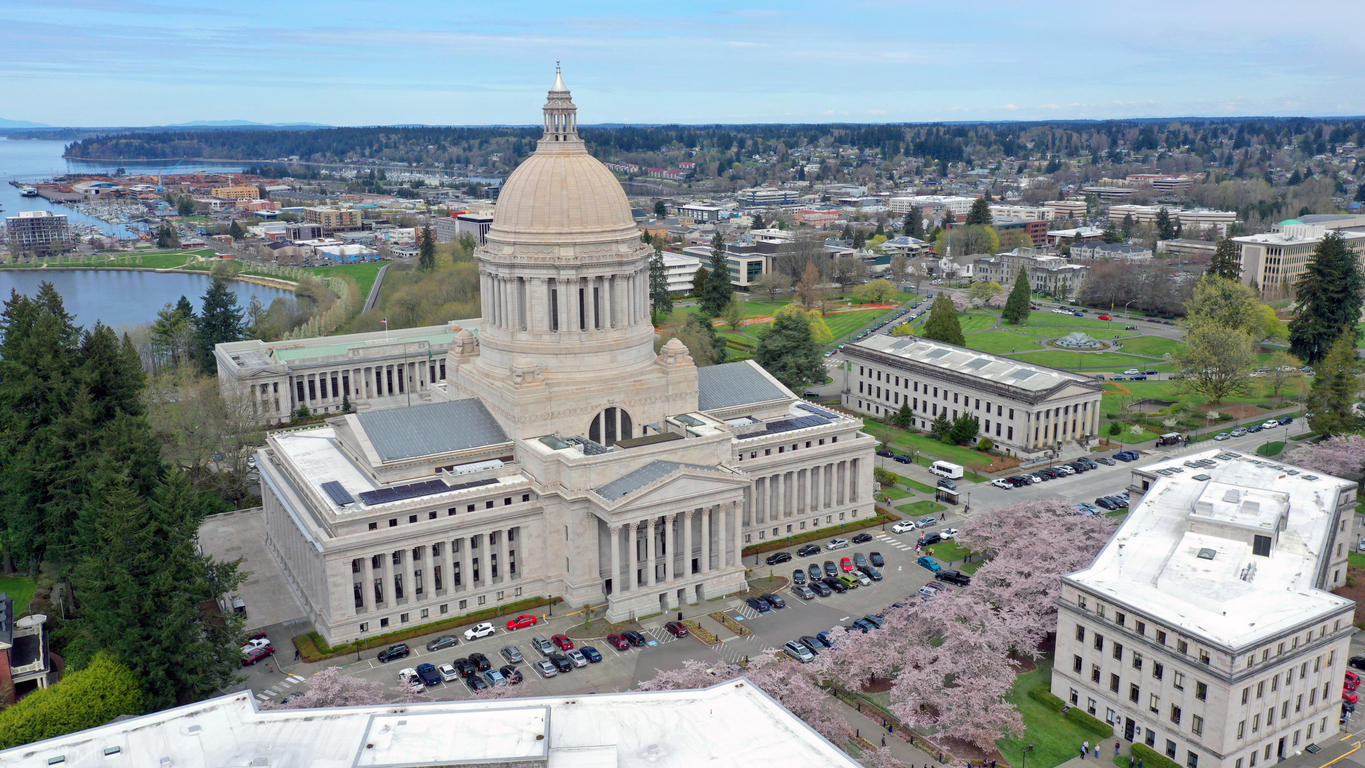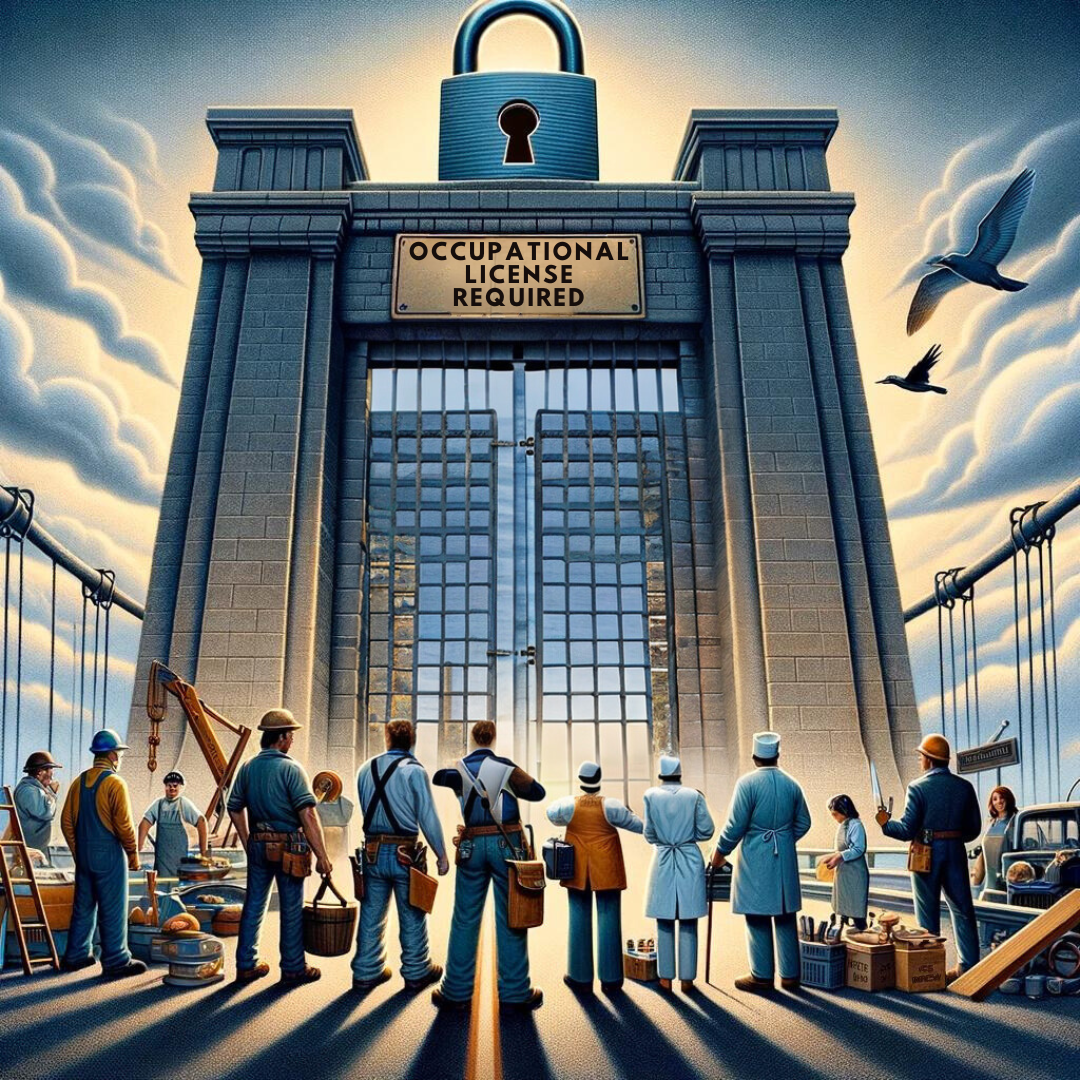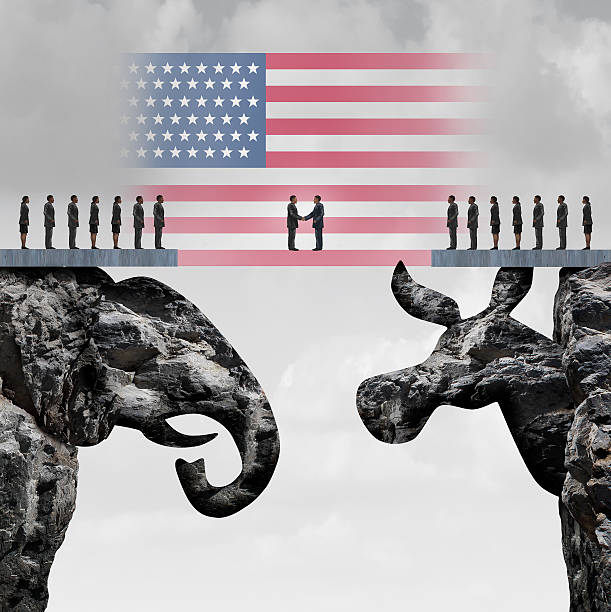Senator requests opinion from Attorney General on Harris v. Quinn impact in Washington
On June 30, the U.S. Supreme Court issued its ruling in Harris v. Quinn calling into question the forced unionization of some Washington residents. The decision at a minimum likely applies to home healthcare workers, family child care providers and language access providers(it may also impact others).
The reason these three groups may be affected by the Harris v. Quinn ruling is that state law calls them public employees only for “the purposes of collective bargaining.” They are not regular, full-time state employees. In fact, the website for our state’s Office of Financial Management (OFM) Labor Relations division explicitly states that that these individuals are “not state employees.”
OFM explains, “Adult family home providers, child care providers, home care individual providers and language access providers are not state employees. They are only considered state employees for the purposes of collective bargaining. Individuals covered under the non-state employee agreements are business owners, independent contractors, or employees of the consumer of services.”
More than a month after the U.S. Supreme Court ruling, however, there has been no official word yet from the Governor or Attorney General on how the ruling will be implemented in Washington.
On August 5, state Senator John Braun sent a letter to the Attorney General requesting an informal opinion to answer these three questions:
- Does the U.S. Supreme Court’s ruling in Harris v. Quinn prevent the state from maintaining a union security provision in its collective bargaining agreement with any union representing individual providers?
- In light of the U.S. Supreme Court’s decision in Harris v. Quinn, what must an individual provider do in order to be viewed by the state as a nonmember of Service Employees International Union Healthcare 775NW for the purposes of RCW 41.56.113?
- What liability attaches to the state if state agencies deduct union dues or other fees from non-member individual providers without their express, written permission?
Although the State of Washington has not adopted an official position yet concerning the impact of Harris v. Quinn, one union has already begin to honor requests from individuals wishing to not be forced to join the union.
Several dozen home-care workers in Washington have been told by their union that they can avoid paying any union-related fees or dues in the wake of last month’s U.S. Supreme Court decision in the Harris v. Quinn case.
The high court ruling left open the greater possibility that home care workers, who are not state employees but are paid out of the state-run Medicaid program, could opt out of paying fees as well as dues.
The notice to workers appears to have gone from Service Employees International Union 775 to select home care workers who have already objected to being in the union. News of the notice came from a top critic of SEIU 775 – The Freedom Foundation, a right-of-center think tank in Olympia – which posted the letter from a top union officer on its web site.
TFF, which has hinted it might sue to enforce its interpretation of the court ruling on SEIU, also claimed in a news release that the union capitulated – while also indicating the union should go further.
Illustrating the importance of answering Sen. Braun's questions in a timely manner is the fact the Governor's office is currently engaged in secret contract negotiations with some of the unions that may be requesting a union security provision that could now be prohibited by the Harris v. Quinn ruling.
Additional Information
Letter from Sen. Braun to Attorney General re: Harris v. Quinn
U.S. Supreme Court ruling against forced unionization of home care workers may strike down Washington state law







